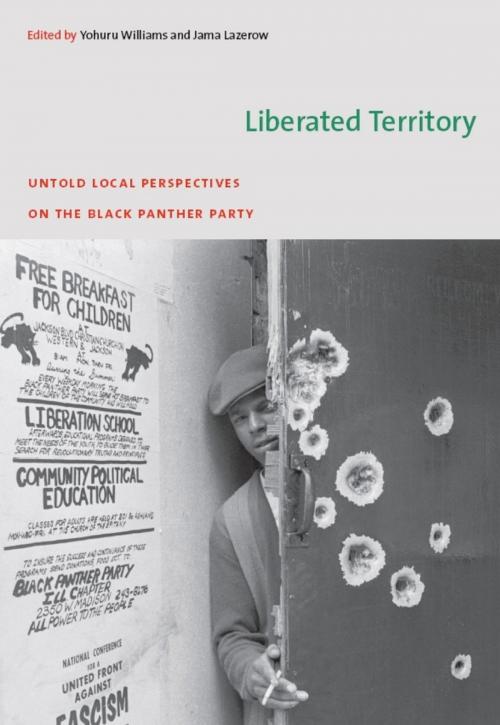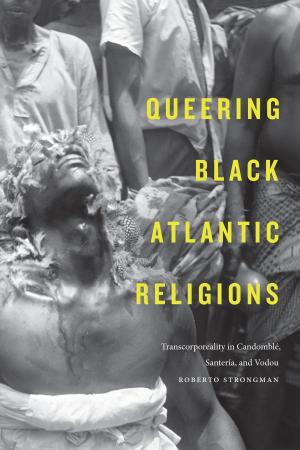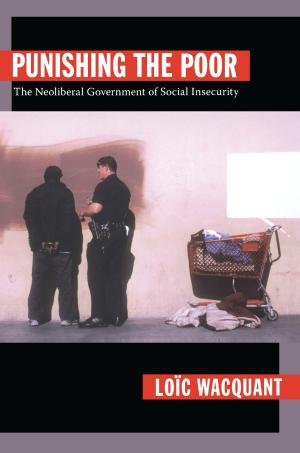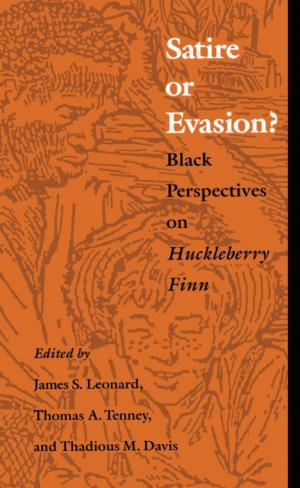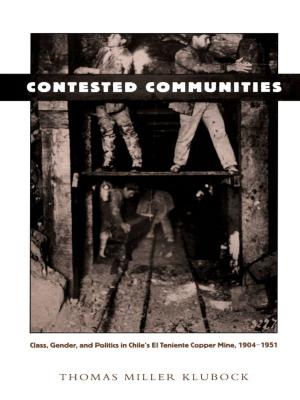Liberated Territory
Untold Local Perspectives on the Black Panther Party
Nonfiction, Social & Cultural Studies, Political Science, Politics, Civil Rights, Social Science, Cultural Studies, African-American Studies, History, Americas, United States, 20th Century| Author: | ISBN: | 9780822389422 | |
| Publisher: | Duke University Press | Publication: | January 12, 2009 |
| Imprint: | Duke University Press Books | Language: | English |
| Author: | |
| ISBN: | 9780822389422 |
| Publisher: | Duke University Press |
| Publication: | January 12, 2009 |
| Imprint: | Duke University Press Books |
| Language: | English |
With their collection In Search of the Black Panther Party, Yohuru Williams and Jama Lazerow provided a broad analysis of the Black Panther Party and its legacy. In Liberated Territory, they turn their attention to local manifestations of the organization, far away from the party’s Oakland headquarters. This collection’s contributors, all historians, examine how specific party chapters and offshoots emerged, developed, and waned, as well as how the local branches related to their communities and to the national party.
The histories and character of the party branches vary as widely as their locations. The Cape Verdeans of New Bedford, Massachusetts, were initially viewed as a particular challenge for the local Panthers but later became the mainstay of the Boston-area party. In the early 1970s, the Winston-Salem, North Carolina, chapter excelled at implementing the national Black Panther Party’s strategic shift from revolutionary confrontation to mainstream electoral politics. In Detroit, the Panthers were defined by a complex relationship between their above-ground activities and an underground wing dedicated to armed struggle. While the Milwaukee chapter was born out of a rising tide of black militancy, it ultimately proved more committed to promoting literacy and health care and redressing hunger than to violence. The Alabama Black Liberation Front did not have the official imprimatur of the national party, but it drew heavily on the Panthers’ ideas and organizing strategies, and its activism demonstrates the broad resonance of many of the concerns articulated by the national party: the need for jobs, for decent food and housing, for black self-determination, and for sustained opposition to police brutality against black people. Liberated Territory reveals how the Black Panther Party’s ideologies, goals, and strategies were taken up and adapted throughout the United States.
Contributors: Devin Fergus, Jama Lazerow, Ahmad A. Rahman, Robert W. Widell Jr., Yohuru Williams
With their collection In Search of the Black Panther Party, Yohuru Williams and Jama Lazerow provided a broad analysis of the Black Panther Party and its legacy. In Liberated Territory, they turn their attention to local manifestations of the organization, far away from the party’s Oakland headquarters. This collection’s contributors, all historians, examine how specific party chapters and offshoots emerged, developed, and waned, as well as how the local branches related to their communities and to the national party.
The histories and character of the party branches vary as widely as their locations. The Cape Verdeans of New Bedford, Massachusetts, were initially viewed as a particular challenge for the local Panthers but later became the mainstay of the Boston-area party. In the early 1970s, the Winston-Salem, North Carolina, chapter excelled at implementing the national Black Panther Party’s strategic shift from revolutionary confrontation to mainstream electoral politics. In Detroit, the Panthers were defined by a complex relationship between their above-ground activities and an underground wing dedicated to armed struggle. While the Milwaukee chapter was born out of a rising tide of black militancy, it ultimately proved more committed to promoting literacy and health care and redressing hunger than to violence. The Alabama Black Liberation Front did not have the official imprimatur of the national party, but it drew heavily on the Panthers’ ideas and organizing strategies, and its activism demonstrates the broad resonance of many of the concerns articulated by the national party: the need for jobs, for decent food and housing, for black self-determination, and for sustained opposition to police brutality against black people. Liberated Territory reveals how the Black Panther Party’s ideologies, goals, and strategies were taken up and adapted throughout the United States.
Contributors: Devin Fergus, Jama Lazerow, Ahmad A. Rahman, Robert W. Widell Jr., Yohuru Williams
